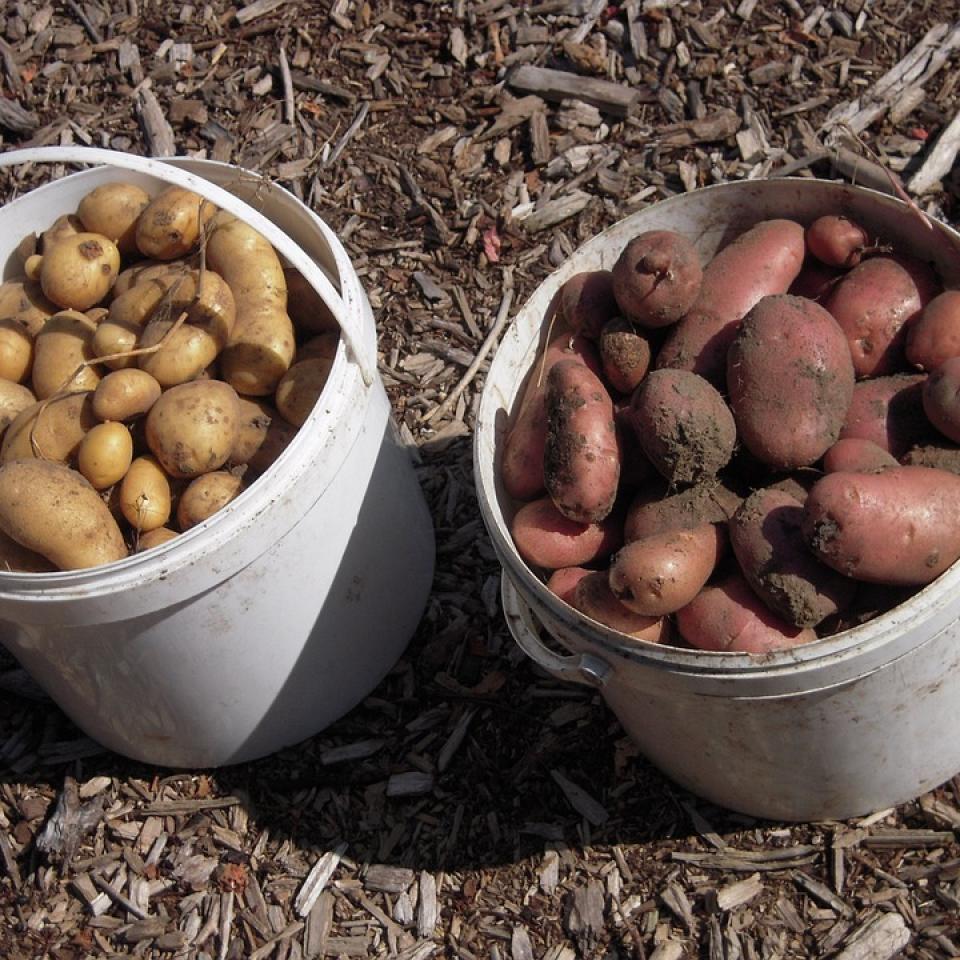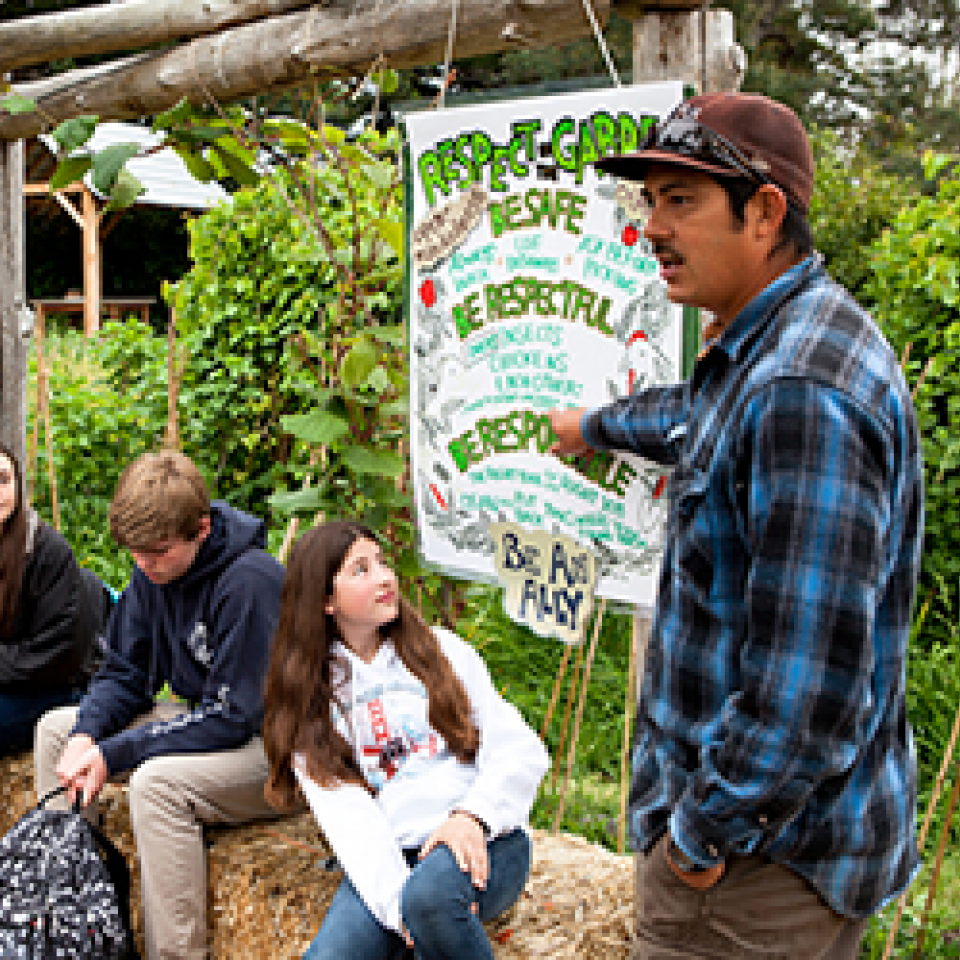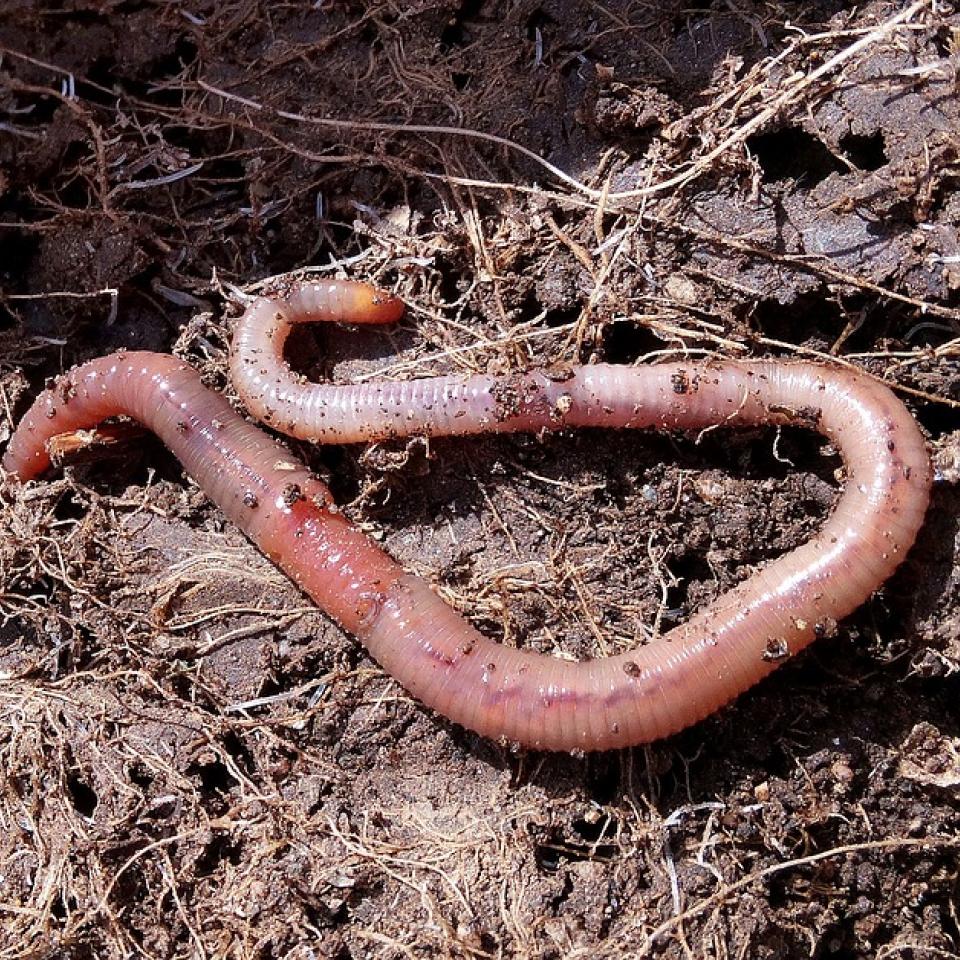
Search
6114 Results
This lesson builds on measurements in the garden, focusing on designing and measuring garden harvest.
In this sixth-grade Edible Schoolyard class, students are welcomed back after the winter break to start the new semester. They discuss seasonality in depth and review how the 4B’s can be applied in the garden (Be Safe, Be Respectful, Be Responsible, and Be an Ally).
This lesson invites students to experience soil and get to know the living critters that live in
it, and the nonliving things that make up soil. These activities can be taught indoors with
large butcher paper on the floors.
In this lesson, students learn about worm anatomy and explore the role that worms play in developing healthy soil.
Driving Question: How does a worm grow and change during its life?
Our worms are like us. They grow and change throughout their life. A worm’s life cycle is one of the simplest and most engaging in the garden. For this reason we always start the Life Cycle Unit with worms.
This lesson introduces students to the concept of photosynthesis, starting with understanding the role light plays in helping plants make food. The activities invite students to experiment with light absorption by plant leaves.
Students will learn to make a simple roasted potato and cauliflower dish. They will play a game in which they compare and contrast many different kitchen and food objects based upon size, plant part, volume, and more.
A typical Family Nights Out class at the Edible Schoolyard Berkeley runs from 5:30pm to 7:30pm on weekday evenings. The basic format of an FNO class mirrors a typical kitchen class. The biggest difference is that during Family Nights Out classes we prepare an entire meal.
A typical garden class with 6th graders at the Edible Schoolyard is 86 minutes (1 hour and 26 minutes) and is divided into three main parts: Opening Circle, In the Field (work time), and Closing Circle.
A typical kitchen class at the Edible Schoolyard Berkeley is 86 minutes (1 hour and 26 minutes) and is divided into three main parts: the Chef Meeting, At the Table, and Closing Circle.
A Report by the Dr. Robert C. and Veronica Atkins Center for Weight and Health, University of California at Berkeley. Commissioned by the Chez Panisse Foundation (now the Edible Schoolyard Project).
This resource provides the general framework that ESY garden teachers use to design their lessons. This framework divides student learning into five phases – Engage, Explore, Explain, Elaborate, Evaluate – and provides sample critical thinking questions teacher can ask for each phase.
Grant giving organizations can provide restricted funding for a particular project or program, or unrestricted funding to help cover the overhead costs of running the organization. This list shares strategies for successful grant writing and outlines the typical elements of a funding proposal.
Individuals are the largest source of funding for nonprofit organizations. According to Giving USA, total charitable giving in the U.S. reached more than $298 billion in 2011. Of that amount, 73% came from individuals.
Fruit and vegetable consumption has grown significantly in the past two decades as the health benefits of these crops have been emphasized. Unfortunately, the incidence of food borne illnesses has also increased.
This resource describes procedures for maintaining chickens, a compost system, and a greenhouse at the Edible Schoolyard Berkeley.
Our recipes (with the exception of baking) are designed to be flexible in order to maximize
seasonality and accommodate student input. Rather than create an entire recipe from start
to finish, we often take an existing recipe and adapt it to fit our needs.
In every kitchen class there is a process of dividing up the work to be done between students. This process can set the tone for the remainder of the class so it is important to make sure that students feel heard and respected through the process.
In the garden, we rely on a variety of practices to assess our teaching and our students’ knowledge. Reporting out in a group setting, playing interactive games, and applying skills in the field can be used successfully throughout garden class as assessment practices.
This resource lists basic tools for an outdoor kitchen and poses some questions to consider when building your tool kit. Also included are sample recipes that can be prepared using garden produce and a cooking kit.









